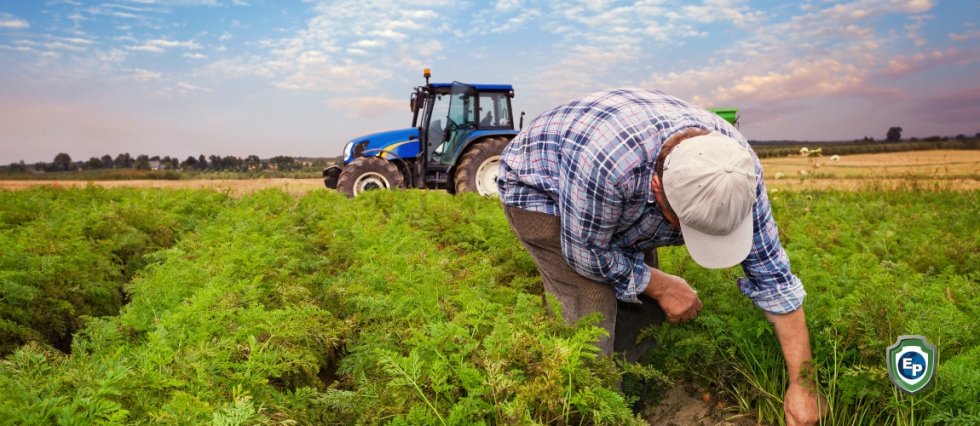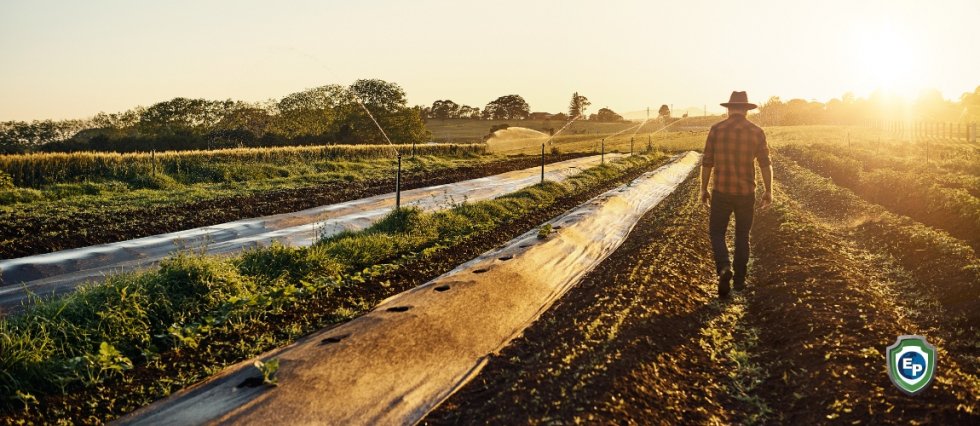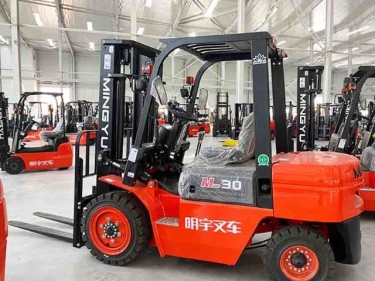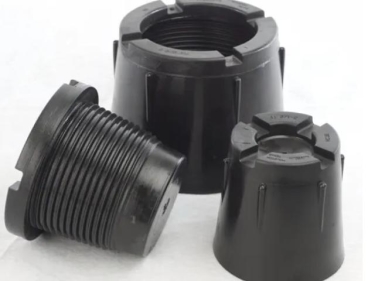Lack of Full-Time Labor is Giving European Farmers a Headache
Come check out our article to learn more about Europe's struggles with COVID-19-related worker shortages and food scarcity, as well as potential solutions.

Agricultural production is difficult because it depends on seasonal variables, and forecasting seasonal changes is nearly impossible. There are also important organizational issues involved as a result. For example, an agricultural production company cannot afford to hire a large number of full-time employees at once. Instead, seasonal labor employment is a much more effective solution to effectively adapt to such changes.
Insufficient full-time workers
Finding a large amount of workers in a specific region is not feasible for some European countries; therefore, seasonal farmworkers from Eastern European and African regions tend to join the labor force in France, Germany, the UK, and other European countries. For instance, 300,000 workers traveled to Germany, and over 1 million people traveled to France every year before the pandemic. However, organizing the labor force for agricultural production has gotten more complicated lately due to the COVID-19.
Because European farmers have to buy the necessary equipment to protect workers' health, pay high health insurance, and deal with growing production costs due to longer time-consuming production activities, hiring many full-time laborers isn’t feasible.
Technology is the Realistic Solution
When faced with a labor shortage, European farmers can rely on technology to help them run their businesses and manage production. Technology does not simply imply the use of more machinery or the improvement of existing machinery. Machinery, labor, land use, and business organization are all part of the technology. Farmers have benefited from advanced technology and increased productivity in recent years. However, they also now require new technology to organize their labor force in the midst of the pandemic's unfavorable conditions.
If agriculture suppliers do not use technology to produce more, food price inflation could be a serious threat to our survival. The pandemic has altered the environment, destroying traditional agricultural production methods. Farmers must therefore devise a new strategy, and technology is the solution.

A Long-Term and Global Plan is Essential
The world population has peaked, and it appears that humanity will face even more pandemics, diseases, and disasters (especially human-made ones) in the future. More people also mean more products and services. The global system based on nations was a solution for development after World War II; however, the 2008 global financial crisis and now the pandemic has demonstrated that this international system requires a much more innovative form. Food inflation, an increase in the number of diseases, natural disasters, and other issues are not limited to a single or certain country. In the 1980s, only capital was globalized, but by the 2000s, the concept of globalization had expanded to include all human beings. As a result, we require advanced, global solutions to address current, global issues.
Stay Connected with Export Portal
In the world of business, you must stay updated on all current events. For more useful articles like this one, make sure to check out the rest of our Blog Page and learn everything business-related!


















Comments 2